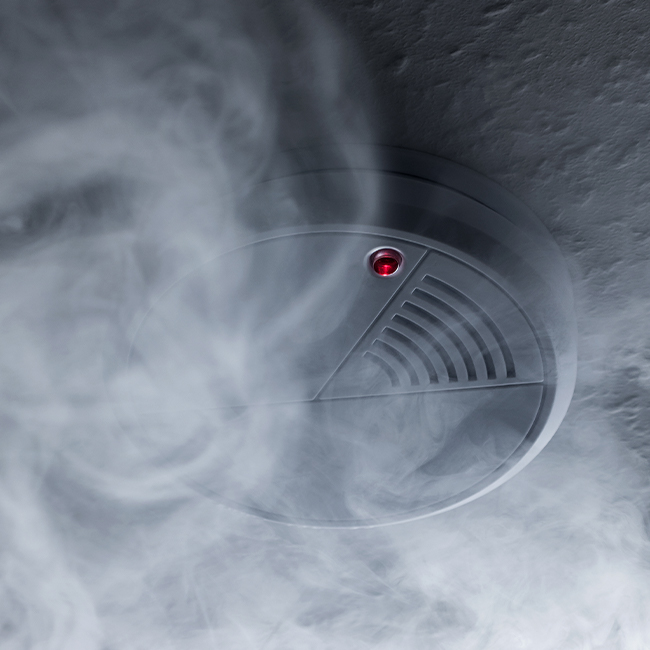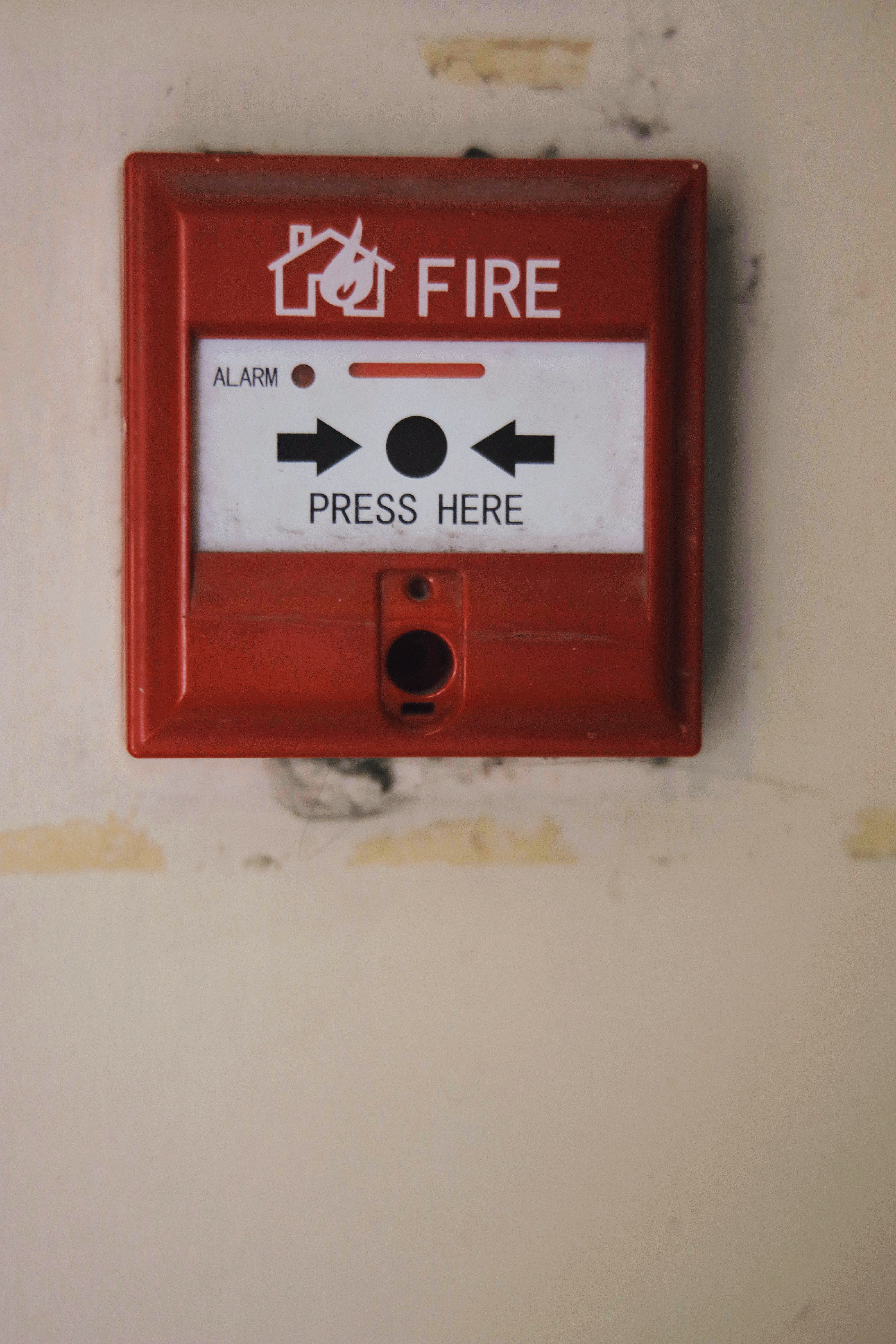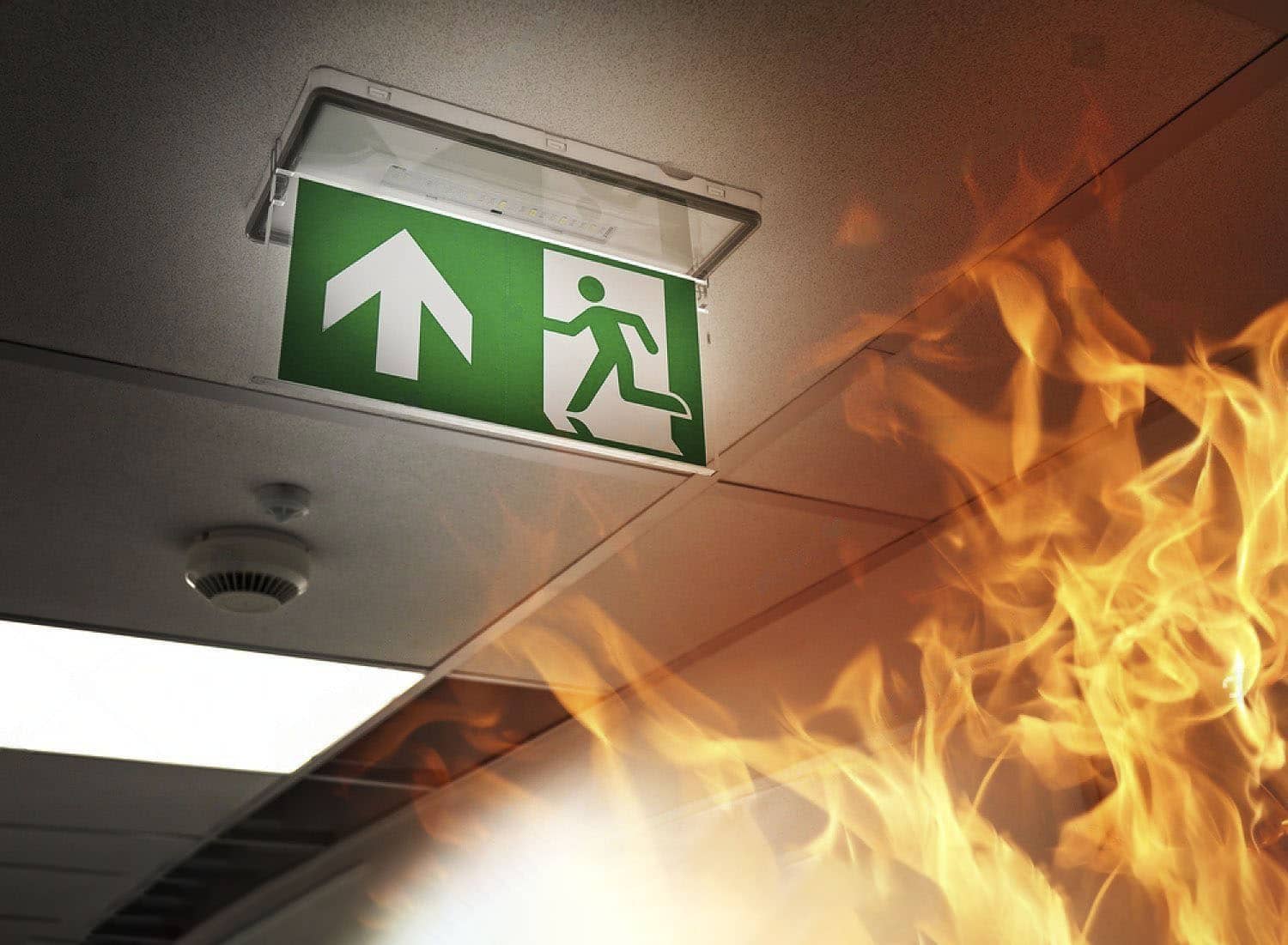Fire Detection
board vessels, accidents can sometimes happen randomly due to failures of electronic instruments or simply human error. Thus, it is desirable for businesses operating in the maritime industry to invest in the maintenance and repair of apparatus but also in safety measures such as prevention or alarming electronic equipment. Fires are some of the most common hazards that occur both at sea and on land, but they can also prove to be some of the most disastrous dangers if not almost instantaneously extinguished. Hence, vessels employ the use of marine fire detection systems in order to detect and alert crew members about the presence of fire or smoke if it is bound to happen. This way, prompt evacuation can be facilitated and effective firefighting can be engaged.
Express Dock Instruments & Controls can ensure your vessels are kept safe and compliant by helping and guiding you throughout the whole process of installing, commissioning, calibrating and certifying fire detection equipment.
Express Dock fire detectors are mandatory from a regulatory point of view, and the system on the vessel must comply with international laws and standards, such as those set by the International Maritime Organization (IMO). Mr. Marine only sells approved fire detection systems which are guaranteed to keep your vessels safe, and compliant with regards to fire safety.
Furthermore, our specialists are experienced in working with a vast number of current reliable brands, including prominent names like Hochiki, Salwico, Autronica, Tyco, Eltek, Consilium Safety, Servoteknikk and Alphatron.
How do fire detection systems work?
Once a fire or smoke is detected, marine fire detectors activate an alarm system which notifies the crew about the emergency and, if applicable, passengers of the ship.


These fire alarms are audible and visible, making use of loud sirens, emergency lighting and sometimes voice evacuation messages. Then, smoke detectors (most commonly the aspirating type) are typically integrated with other fire protection systems, such as fire suppression systems and emergency shutdown systems, so as to ensure the effective deployment of fire suppression measures, such as water-based sprinklers, foam systems or gas-based fire extinguishers. Worthy of mentioning, fire alarm systems are mainly of two types, namely conventional and addressable. The main difference between these types stands in the scale they can be used for, such that conventional fire alarms only give information about specific circuits or zones, whereas addressable fire alarms give information about whole individual detectors. Conventional fire alarm systems generally need more cables and wiring than addressable ones, but are more affordable.
Services offered by Express Dock with regards to fire detection
In terms of fire detection systems, Express Dock Instruments & Controls will assure your vessels have attained optimal fire protection through the following procedures:
Installation and commissioning
The installation and commissioning of marine fire detection systems and fire alarm systems are critical stages in ensuring their proper functioning and effectiveness. These processes involve careful planning, precise execution and rigorous testing to guarantee that the systems are installed correctly and integrated seamlessly with the vessel’s infrastructure. Mr. Marine’s expert technicians will start by assessing the ship’s layout, compartments and potential fire hazards to determine the appropriate type and quantity of detectors required, and, the suitable components are selected based on the evaluation. Then, the installation is carried out by setting up control panels, alarm devices and mounting detectors which are all interconnected.
for the commissioning phase, our team will test all the smoke detectors, control panels and alarm devices to ensure their proper functioning. This will include verifying alarm activation, fault detection, sensitivity and communication between components. Furthermore, the fire detection system is integrated with other relevant systems, such as the fire suppression and emergency shutdown, and compatibility and coordination between the devices are checked. Audible and visual fire alarms are also tested to verify their audibility, visibility and proper performance throughout the vessel.
Calibration and certification
In order to make sure Express Dock fire detectors are accurate, reliable and compliant, the system must go through calibration and certification processes. Calibration involves adjusting and verifying the performance of detectors, sensors, and associated equipment, while certification ensures that the system meets the necessary standards and regulatory requirements. Express Dock Instruments & Controls will start by calibrating each individual instrument that is part of the fire detection system, which is conducted through the checking and adjusting of various parameters, such as sensitivity level, response times, detection thresholds, temperature compensation and gas detection limits.
Express Dock fire detection systems must comply with international regulations. Compliance ensures that the system meets the minimum safety requirements and performance criteria. After successful calibration, Express Dock issues certificates which prove the detectors and associated equipment have been calibrated and are within the specified performance parameters. These certificates include information such as the date of calibration, calibration results, and the identity of the calibration authority. Detailed records of calibration activities, maintenance activities, repairs, and any modifications or upgrades made to the fire detection system are documented. These records demonstrate the system’s history, compliance, and adherence to maintenance schedules.
